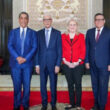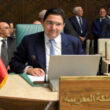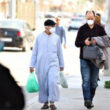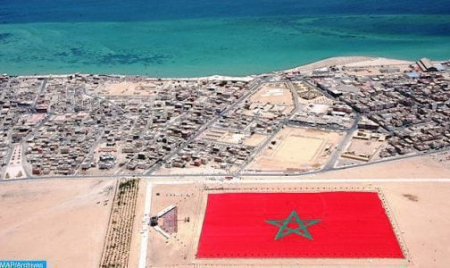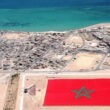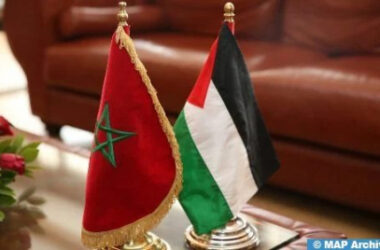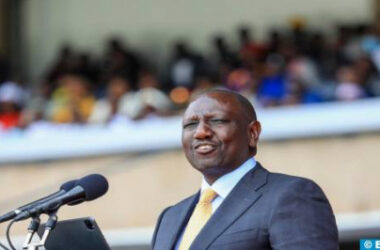Speaking at the C-24 annual meeting held in New York, the Permanent Representative of the Union of the Comoros to the United Nations, the ambassador Chanafi Issimail, underlined that this initiative, which guarantees respect for human rights and democracy, has been praised by several countries.
The autonomy plan in the Sahara region was considered “a solid basis” for a negotiated solution to the Sahara issue, the diplomat added.
The representative of the Union of the Comoros stressed that Morocco has undertaken an important process of economic and social development in the Sahara, “thus contributing to the well-being of local populations”.
“Investments in infrastructure, education, health and other key sectors have boosted the economy and improved the living conditions of local populations,” he pointed out, noting that local governance mechanisms have also been put in place to enable local populations to actively take part in decisions that affect them.
The speaker also welcomed the efforts of the Personal Envoy of the UN Secretary General for the Sahara, Staffan de Mistura, aimed at facilitating the relaunch of the political process, under the exclusive auspices of the UN Secretary General, including his visits to the region in January, July and September 2022, as well as the informal consultations held last March with the parties involved in this regional dispute.
“Morocco has demonstrated unwavering commitment to the UN-led peace process,” said the diplomat, noting that several countries recognize the constructive role played by the Kingdom with the aim of reaching a peaceful and lasting solution to this regional conflict.
“This international support testifies to the credibility and legitimacy of Moroccan positions,” he underlined.
The diplomat also welcomed the opening of 28 consulates general in the cities of Dakhla and Laayoune, by Arab, African, Asian and American countries, as well as by regional organizations.
“It is in support of the authorities of Morocco, a brotherly country, in their sustained efforts to open up this region, that the Government of my country has decided to open a Consulate General in Laayoune in December 18, 2019”, he said.
The speaker stressed that his country is “very concerned” over the situation in the Tindouf camps, adding that the populations held against their will in these camps are suffering, particularly women and children.
“We deplore the violation of their fundamental rights, and ask that all arrangements be made, as soon as possible, for their registration to be carried out, in accordance with international and humanitarian law, the mandate of the United Nations High Commissioner for Refugees, the recommendations of the UN Secretary General and all Security Council resolutions adopted since 2011, including resolution 2602”, the diplomat said.
The speaker called on all parties involved to continue to work constructively and pursue negotiations to achieve a peaceful, lasting and mutually acceptable solution to the Sahara issue.


